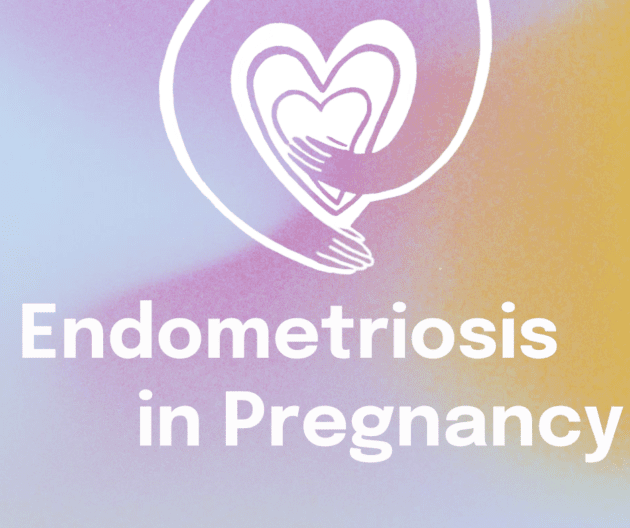
The Effect of Age on Fertility
Recent trends suggest that many women are delaying having children, usually due to taking longer to settle down as many women are focussing on a career. Another reason for this trend is being unaware of the effect that age can have on ovarian function and fertility. In this article, Mr Pisal answers common questions surrounding fertility and age.
Is there an age where it usually starts getting more difficult to have children?
Many women are unaware that fertility starts declining after 35 quite rapidly and by 42 years of age, the chances of getting pregnant are much less. At the same time, risk of complications such as miscarriage and chromosomal abnormalities also increases along with complex and high-risk pregnancy and delivery. However this is not the same for all women and some may see a decline even before this age.
Is there anything women can do to boost their fertility as they get older?
Remaining physically fit, staying slim, good nutrition, giving up smoking and reducing alcohol intake are good lifestyle choices to promote fertility. If periods are irregular or if there is any history of gynaecological issues such as ovarian cysts, endometriosis or fibroids; it may be better to seek advice sooner rather than later. At London Gynaecology, we offer a AMH self-test kit for ovarian age which can tell you about the ovarian reserve and may give you an idea about your fertility.
What options are out there for people who face challenges conceiving?
First point of call should be your GP for some general advice about understanding your cycle, ovulation and fertile period. Your GP will be able to carry out baseline tests for your hormone profile, ovulation, ultrasound scan and semen analysis for your partner. He/she will also be able to advise you regarding your eligibility for fertility investigations and treatment on the NHS.
There are also several smart-phone apps which can help you understand your cycle better. If you have been trying for longer than a year, it may be better to seek a specialist referral through your GP. If you have private medical insurance, you can check with your insurance company help line if you are eligible for fertility investigations. Most insurance companies however do not fund fertility treatment and you may have to fund this yourself if going privately.
If you have any further questions, don’t hesitate to contact your GP or call us on 0207 10 11 700.



